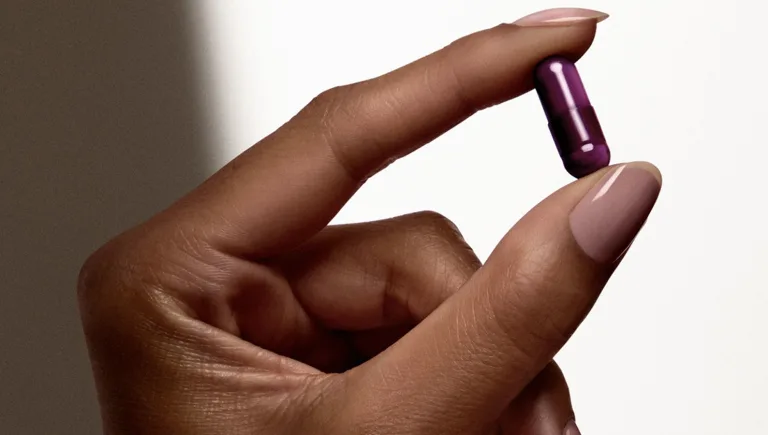Sleep better with a functional approach. Learn how to restore balance and support your natural sleep-wake cycle.
By Colleen Coffey, MS, RDN, LDN
•Jan 24, 2025
Struggling with sleep? Learn the key differences between magnesium and melatonin and how a holistic approach can improve your rest for the long term.

By Colleen Coffey, MS, RDN, LDN
•Jan 24, 2025
Let's talk about sleep—or more specifically, why so many of us aren't getting enough of it, and why this matters for our health, beauty, and vitality. Beauty sleep isn't just a saying—it's science. More than a third of Americans report getting less than seven hours of sleep each night, affecting everything from skin repair to cellular regeneration (r). Sleep disorders affect 50–70 million Americans, contributing to weakened immunity, hormonal imbalances, and cognitive decline (r, r, r, r). And modern life amplifies these challenges through increased screen time, irregular work schedules, and chronic stress, creating a cycle of disrupted rest that's increasingly difficult to break.
The good news? Science offers clear pathways to better sleep through evidence-based habits that address both symptoms and root causes of sleep disruption.
At the core of healthy sleep is the sleep-wake cycle, a rhythm controlled by light exposure, hormones, and your lifestyle (r). Disruptions to this cycle—from stress, irregular schedules, or screen time—can interfere with your ability to fall and stay asleep (r). While diet and stress management are fundamental, environmental factors and appropriate supplementation can provide additional support to get your sleep cycle back on track.
The quality of our sleep is inextricably linked to our environment, with factors like light, temperature, and electromagnetic exposure significantly impacting our ability to achieve restorative rest. Here are some things to keep in mind:
When it comes to sleep supplements, not all options are created equal. While melatonin and magnesium are often seen as the go-to supplements for sleep, they actually serve different roles that are important to distinguish. Melatonin is effective in regulating sleep patterns disrupted by external factors like jet lag (r), but are better suited for short term intervention, as they don’t address deeper issues like stress or nervous system dysregulation. Melatonin supplementation can also leave you feeling drowsy and less alert, which won’t address issues of brain fog, fatigue, and productivity (r). Magnesium, on the other hand, helps support muscle relaxation, calms the nervous system, and enhances natural sleep without sedation - and no hangover the next day - making it an excellent option for improving sleep quality and a great long term intervention to support optimal sleep (r).
While magnesium can work wonders for improving sleep quality, there are a range of additional ingredients that can help address other aspects of sleep health:
The autonomic nervous system—responsible for the fight-or-flight and rest-and-digest responses—places a large role in how easily you stay asleep and fall asleep, and it can easily become imbalanced due to stress and overactivity. Night Service, our comprehensive sleep supplement works to support the parasympathetic nervous system, helping to restore balance and improve your body’s natural ability to transition into rest, resulting in more restful, restorative sleep (r, r, r).
While melatonin might help you fall asleep faster tonight, it's not addressing why you're having trouble sleeping in the first place. A holistic approach to sleep is important —with ingredients like magnesium, 5-HTP, and powerful adaptogens that work together to retrain your body's natural sleep rhythms. Instead of just knocking you out for the night, these nourishing ingredients help restore your body's innate ability to transition into deep, restorative sleep and address the root cause of several imbalances. The result? A sustainable solution that gets better with time, not just a temporary fix.
SHOP NOW